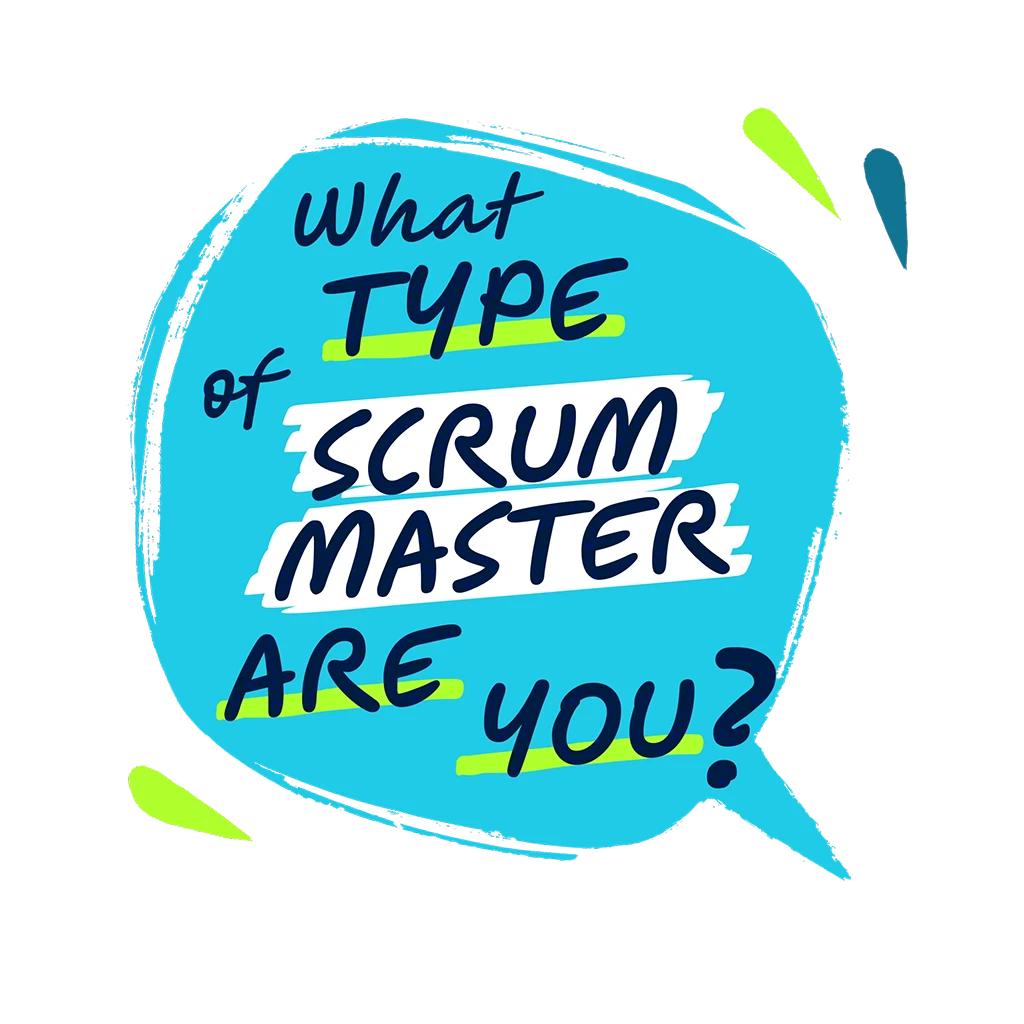The goal of a SM is to grow the teams to thrive, innovate, and deliver exceptional products. Understanding and embracing the various dimensions of the role can enhance the effectiveness of your team.
There is an important difference between the Scrum Master accountability, as described in the Scrum Guide 2020, and the Scrum Master role, as it is lived in different organisations.
While the accountability is clear, and it’s best to be understood and lived by any Scrum Master, the role of a Scrum Master may differ greatly from organisation to organisation, team to team and person to person.
It is important to understand that in order to be a Scrum Master, as an accountability, you don’t necessarily need to held a Scrum Master role, although it’s recommended. You can be a Scrum Master, while your job description and role in the organisation may slightly differ.
I strongly recommend having and living a Scrum Master role that follows Scrum Master accountability, as described in the Scrum Guide 2020, while being aware of and not ignoring your organisation’s particular needs.
While challenging, you may see people living and embracing the Scrum Master accountability while on their contract. They may have job titles like Team Lead, Delivery Manager, Agile Coach, Developer, or even Engineering Manager.
With that in mind, this article is focused on describing the different types of challenges that Scrum Masters face in their day-to-day roles.
The essence and scope of the Scrum Master role can vary widely, shaped by individual expertise, organisational needs, and team dynamics. Understanding the different “types” of Scrum Masters can show how you can best support your teams and drive successful outcomes.
1. Rotary Scrum Masters:
This type of Scrum Master rotates among different teams, bringing fresh perspectives and cross-functional insights. The essential advantage here is the broad exposure to diverse team dynamics and challenges, which enriches the Scrum Master’s toolkit for problem-solving and innovation. This rotation helps in breaking silos, fostering a culture of continuous learning and adaptability. However, it demands a high degree of flexibility and the ability to understand new team environments quickly.
2. Part-time Scrum Masters:
In scenarios where the scale of the product doesn’t justify a full-time position, the Scrum Master might wear multiple hats, combining the Scrum Master role with other responsibilities. This approach requires exceptional time management and prioritisation skills, ensuring that the Scrum Master accountabilities are maintained. It’s a test of balance, ensuring that the essence of the Scrum Master role—facilitation, impediment removal, and coaching—is preserved along with other accountabilities.
3. Full-time Scrum Masters:
Dedicated solely to the Scrum Master role, this individual can deeply engage with the team, focusing entirely on team dynamics, process improvement, and impediment removal. The full-time Scrum Master is pivotal in closely monitoring team health, fostering a robust, agile culture, and ensuring that Scrum practices are understood and effectively implemented. This commitment allows for a more profound impact on team innovation and product success.
4. Professional Scrum Master:
With a strong foundation in agile principles and a rich array of certifications, this Scrum Master is a subject matter expert in Scrum. They are adept at navigating complex Scrum frameworks, mentoring teams in Scrum principles, living and using the Scrum values, and following Scrum practices. Their deep theoretical knowledge and practical experience make them highly effective in optimising team processes and outcomes.
5. Agile Coach – Scrum Master with a broader range:
Going beyond the confines of the Scrum framework, this Scrum Master has expertise across various agile practices, including Lean and Kanban. This broad perspective allows them to tailor the approach to the team’s unique needs, fostering a truly agile environment that is flexible and responsive. They excel in guiding teams through the agile transformation journey, addressing processes and the cultural shift towards an agile mindset.
6. Scrum Master Coach:
This role focuses on mentoring and developing other Scrum Masters, sharing insights and best practices to elevate their capabilities within the organisation. The Scrum Master Coach is critical in building a strong community of practice, ensuring that Scrum Masters across teams are well-equipped, aligned, and continuously improving. This role amplifies impact by empowering other Scrum Masters to be more effective.
7. Kanban Coach:
They specialise in the Kanban framework because that’s what their teams need. This Scrum Master helps teams optimise their workflow, emphasising continuous delivery and efficiency. They are experts in visual management, Work In Progress limits, and flow metrics, guiding teams to improve their processes and throughput. The Kanban Coach is instrumental in fostering a culture of transparency, flow, and continuous improvement within the team.
In the evolving landscape of product development, the ability of the Scrum Master to navigate risks, minimise waste, and, together with their teams, deliver value to customers stands at the core of success.
It demands a keen eye for identifying potential pitfalls before they escalate, a commitment to lean principles that eliminate non-value-adding activities, and a relentless focus on understanding and meeting customer needs.
By fostering a culture that prioritises these aspects, the Scrum Master can align the team’s effort with the product goal and vision, which is aligned with delivering products that meet and exceed customer expectations, securing a competitive edge in the market for the organisation.


